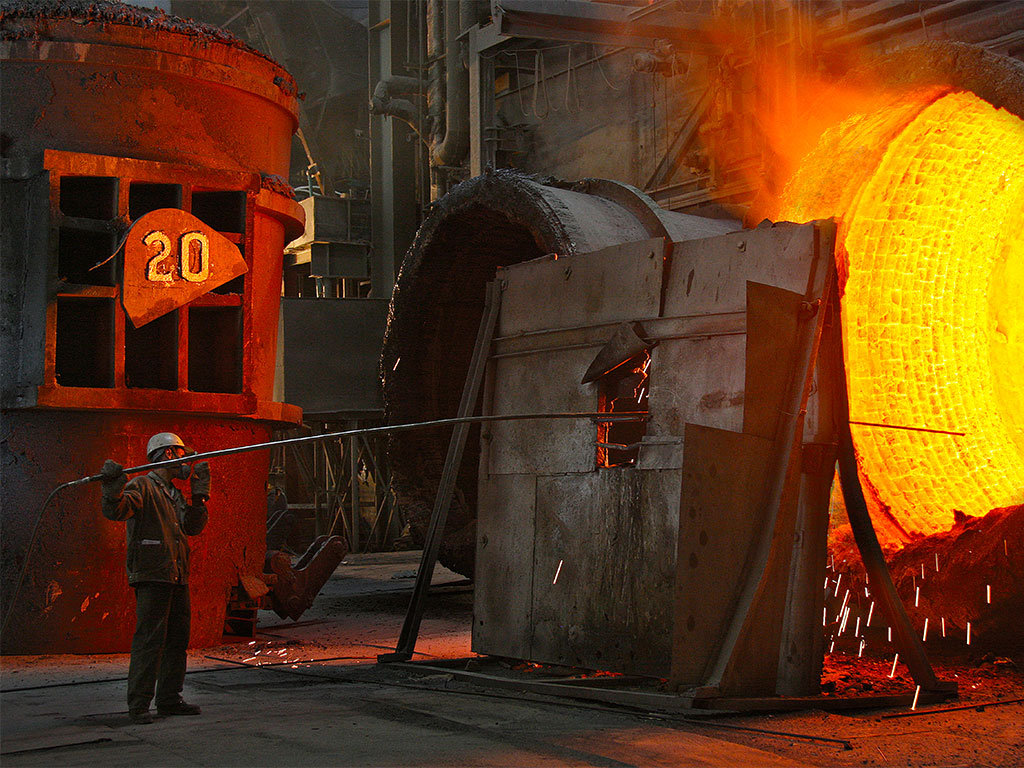Chinese merger set to create world’s second-largest steelmaker
Chinese steel giant Baosteel looks set to take over smaller rival Wuhan, as China seeks to overhaul its struggling steel industry

Chinese steel production is still in excess of international demand
On September 20, two Chinese state-owned steel groups announced their plans to merge, in a deal that will create the world’s second-largest steelmaker.
Shanghai-based Baosteel, China’s biggest steel producer, will acquire its smaller rival Wuhan Iron & Steel, establishing a global industry giant.
The deal comes as part of a government drive to improve efficiency and cut overcapacity in the steel industry. Over the past year, a global slump in demand for steel has led to massive overproduction, causing something of a crisis in the industry. Steelmakers worldwide have seen their profits slashed, with Baosteel reporting a net profit of just $150m in 2015, and Wuhan operating at a $1.1bn loss.
Last year, China produced an excessive 803.8 million tonnes of steel
While China is looking to cap overproduction, the merger may conversely lead to an increased steel output. Together, the two companies will have a crude steel production capacity of 60 million tonnes per year, and a pooling of resources and manpower may even see an increase on this anticipated output.
During September’s G20 summit, China came under increasing pressure from world leaders to address its excess steel capacity, as its cheap exports currently account for over half of all global production. The nation had previously pledged to cut its steel production by 100-150 million tonnes by 2020, in an attempt to slash its 300 million tonne surplus. However, the newly-approved Baosteel-Wuhan merger has once more raised doubts over China’s commitment to cutting its output.
While China’s crude steel capacity did indeed fall last year for the first time in three decades, its output was only down by a meagre 2.3 percent, meaning that the nation still produced an excessive 803.8 million tonnes of steel.
As global steel demand lingers at less than 700 million tonnes for this year, cutting output must be an imperative for China, while steelmaker mega-mergers may instead only fuel the nation’s overproduction problem.













